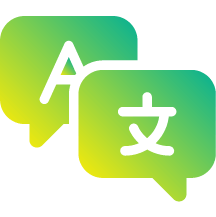TEACHER
Robert Bosnak
TOPIC
Jungian
Format
8 class course
DURATION
12 hours
Payment options: Credit Card or PayPal.
Experience new ways of knowing yourself
“Know Thyself” is the central command of Western philosophy and possibly of many non-Western cultures as well. It was written over the temple of Sun god Apollo in Delphi. It resides at the heart of our solar system of Western thought.
In this course the powerful Jungian psychoanalyst Robert Bosnak explores different types of self-knowledge.
Over the course of 8 classes Bosnak examines our attitudes toward knowledge by exploring the history of ideas over two millennia of Western thought. He considers four modes of understanding; participatory knowing, doctrinal knowing, objective knowing and emergent knowing. He attributes each mode to a distinct era in Western thought. Each of these modes of understanding influences how we see ourselves. We become more conscious when we know which lens we’re using at any given moment. This has a direct impact on much of our everyday lives.
Bosnak carefully leads us to the possibility of looking through all four of these lenses simultaneously. When we can do this, we create a kaleidoscopic awareness of ourselves and our world.







